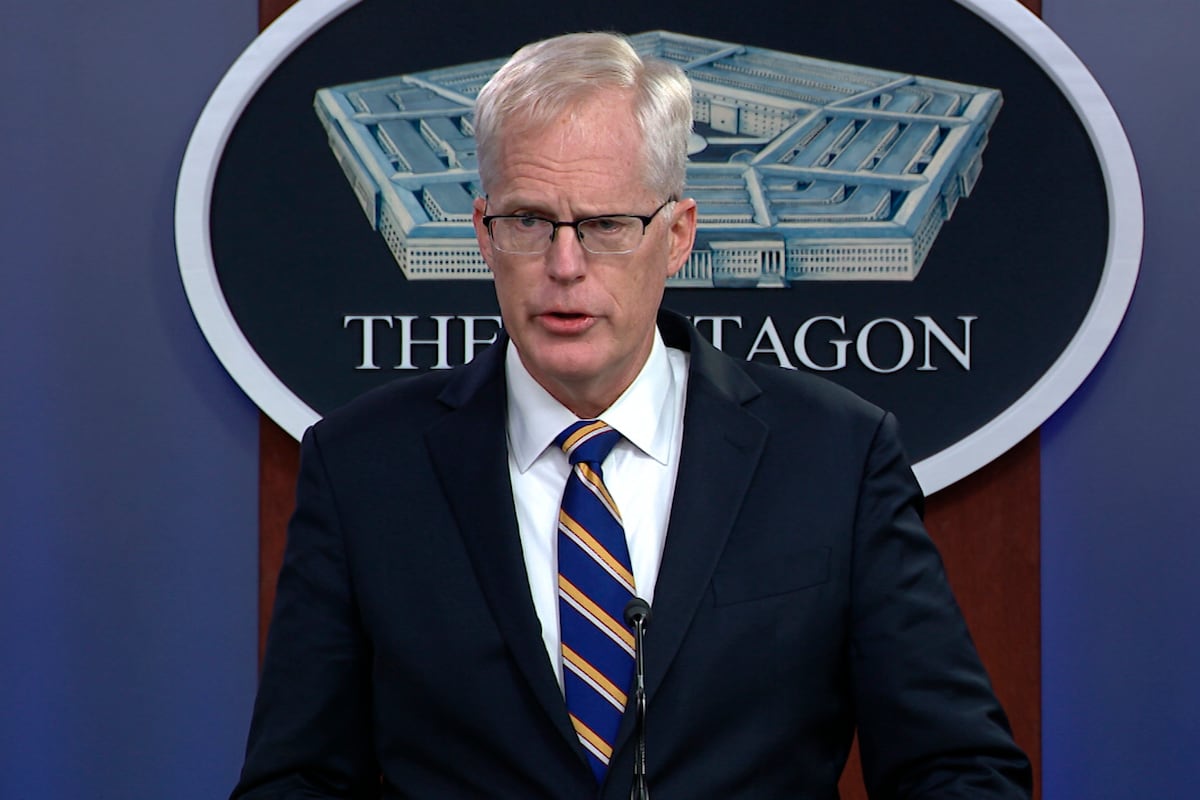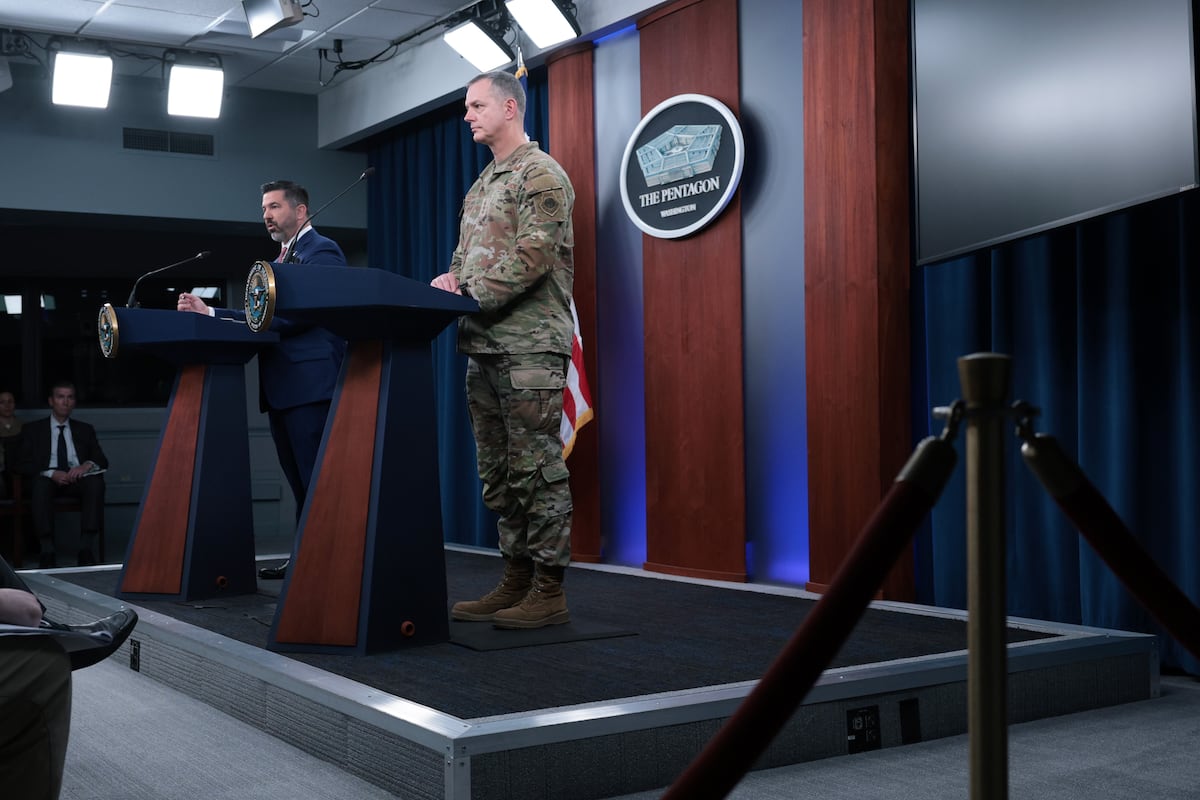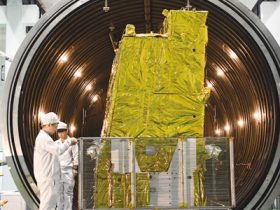Former Acting Defense Secretary Christopher Miller has joined Fulcrum Venture Group, a private capital firm investing in early-stage defense technologies.
Fulcrum’s managing partner, Andrew Bartholomew, a Marine Corps veteran, founded the firm in 2024 after sensing a lack of both first-hand military experience and differentiation in the current venture capital market. Since then, the group has invested in seven companies that make a range of defense technologies, from AI-enabled analytics to advanced manufacturing.
“We’re really focused on the upstream enabling technologies and processes that enable the drone ecosystem and the defense ecosystem more broadly,” Bartholomew told Defense News in an interview. “And we’re trying to leverage insights from guys like Chris Miller to make sure we understand what needs are coming down the pipe and what technologies we can get in front of today.”
Miller, a retired colonel in the Army Special Forces who led the Pentagon during the last few months of President Donald Trump’s first administration, will serve as an adviser at Fulcrum.
Miller told Defense News in the same interview that he’s spent a lot of time with investors over the last few years and was drawn to the firm’s focus on investments in companies developing emerging and enabling technology. That’s largely because of his own conviction that the Pentagon is not doing enough to engage with smaller, nontraditional technology firms, he said.
“This is a hot market,” said Miller, who is now chief strategy officer at autonomy company DZYNE Technologies. “I don’t think the Department of Defense has done what’s necessary to actually incentivize the investments that are going into defense tech and dual use.”
Without broader investment in military technology — beyond companies like Anduril and Palantir that have significantly expanded their defense footprint in recent years — DOD risks sending a signal that smaller firms don’t actually “have a shot,” Miller said.
Bartholomew and Miller said they’re encouraged by some DOD moves in recent years, including the creation of the Office of Strategic Capital and investment in the Defense Innovation Unit. Miller also pointed to the Pentagon’s Strategic Capabilities Office as a leader in operationalizing new technology.
But Miller said he wants to see their potential better harnessed within the department.
Miller said that while he’s optimistic that Trump’s new defense team and Elon Musk’s Department of Government Efficiency, or DOGE, may be able to create sufficient change within the Pentagon to drive acquisition reform and broaden the defense industrial base, his experience in the Pentagon is that bureaucratic inertia often stifles disruption — especially if reform efforts aren’t implemented in a strategic way.
“I think it’s a great forcing function if done maturely and used strategically,” Miller said of DOGE. “But breaking the status quo … is really, really, really going to be hard.”
Courtney Albon is C4ISRNET’s space and emerging technology reporter. She has covered the U.S. military since 2012, with a focus on the Air Force and Space Force. She has reported on some of the Defense Department’s most significant acquisition, budget and policy challenges.
Read the full article here








Leave a Reply